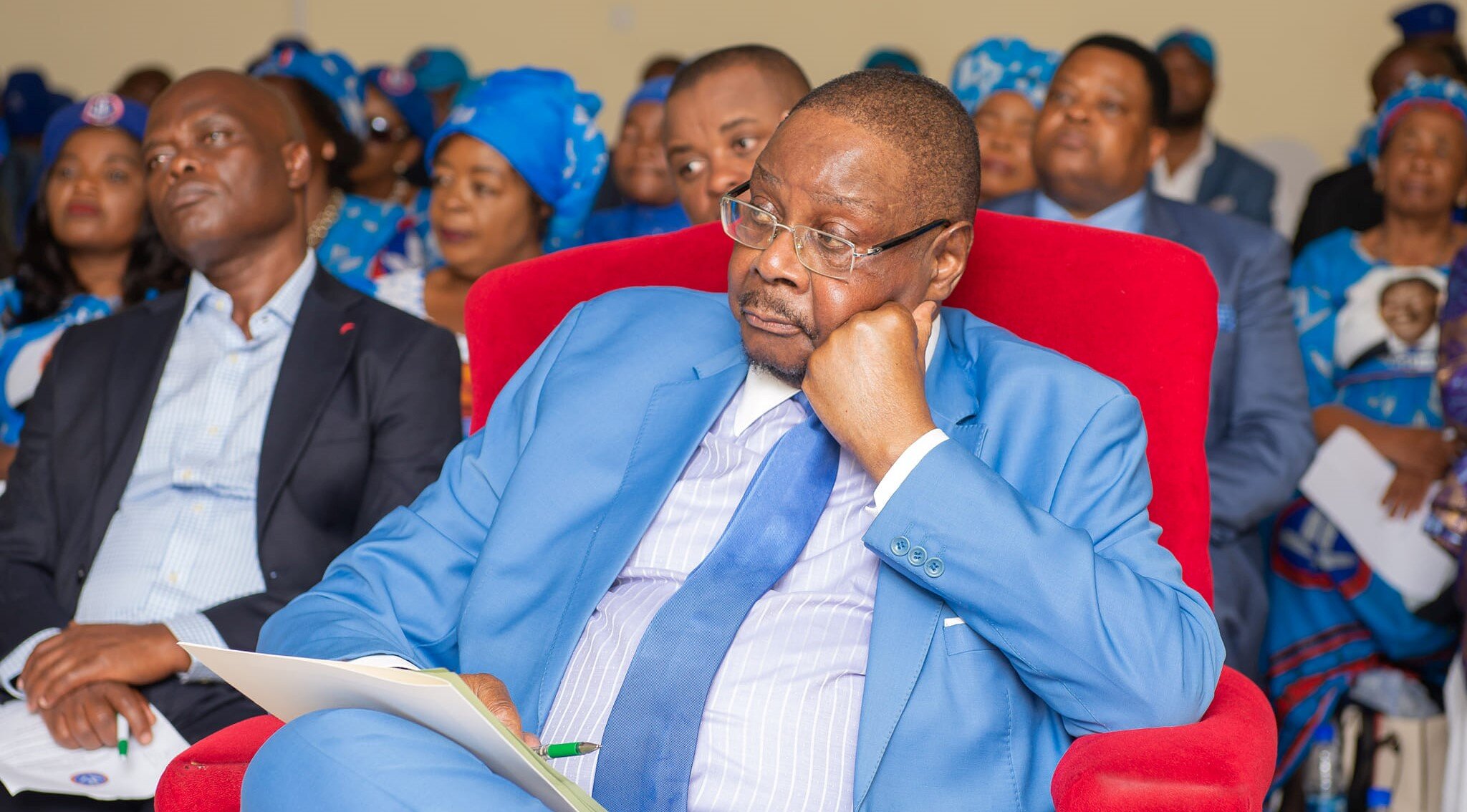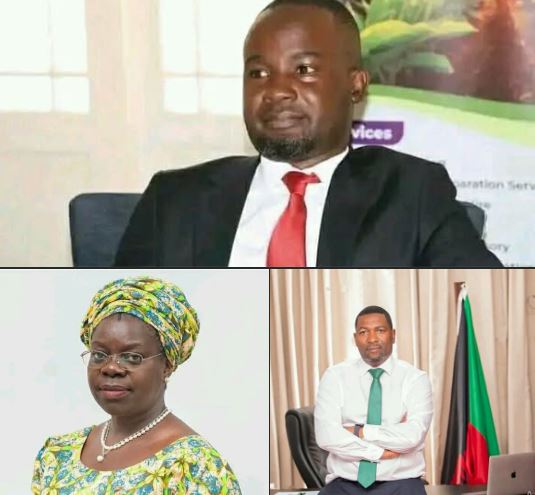Who Will Win the 2025 Malawi Presidential Election? A Tight Race Between Mutharika, Chakwera, and Kabambe

As Malawi gears up for its highly anticipated general election on September 16, 2025, the presidential race is shaping up to be a fierce contest among three prominent figures: former President Peter Mutharika of the Democratic Progressive Party (DPP), incumbent President Lazarus Chakwera of the Malawi Congress Party (MCP), and Dalitso Kabambe of the United Transformation Movement (UTM).
With the 50% + 1 constitutional threshold in place, the outcome remains uncertain, and political analysts are closely watching voter sentiment, campaign strategies, and potential alliances.
Peter Mutharika: The Experienced Contender
Peter Mutharika, the 85-year-old former president (2014–2020), is staging a comeback with a campaign centered on restoring economic stability and leveraging his seasoned leadership. Recent polls, including one by Malawi24, show Mutharika leading with 57% support, a significant jump from earlier surveys where he scored 43% (IPOR Malawi, July 2025).
His strong grassroots network in the Southern Region, coupled with the DPP’s well-organized party structures, gives him a formidable edge. Mutharika’s running mate, Dr. Jane Ansah, a former Malawi Electoral Commission chairperson, adds legal and governance expertise to his ticket, though her controversial past from the 2019 elections may polarize some voters.
Mutharika’s campaign has capitalized on public frustration with the current administration’s economic challenges, including high inflation and foreign currency shortages. “We need to remove an incompetent government that sees nothing, hears nothing, and does nothing,” Mutharika declared at a recent rally, resonating with voters nostalgic for his tenure’s relative stability. However, critics argue his age and past corruption allegations could dampen enthusiasm, particularly among younger voters seeking fresh leadership.
Lazarus Chakwera: The Incumbent’s Struggle
Incumbent President Lazarus Chakwera, 70, is fighting to secure a second term after winning the 2020 re-run election with 58.57% of the vote. Representing the MCP, Chakwera’s campaign emphasizes continuity and his administration’s efforts to strengthen civic institutions and media freedom. His running mate, Vitumbiko Mumba, a former Labour Minister, appeals to voters with his policy experience. However, Chakwera faces significant headwinds due to Malawi’s ongoing economic crisis, marked by 27.1% inflation and persistent fuel shortages.
Polls reflect Chakwera’s declining popularity, with a Malawi24 survey placing him third at 10%, trailing both Mutharika and Kabambe. Public discontent stems from unfulfilled 2020 promises, including job creation and anti-corruption measures. The collapse of the Tonse Alliance, following UTM’s withdrawal in July 2024, has further weakened his position. Political analyst Dr. Maxwell Phiri notes, “Chakwera’s inability to address economic woes has eroded his base, especially among the youth.” His absence from the first presidential debate in Lilongwe also drew criticism, raising questions about his commitment to transparency.
Dalitso Kabambe: The Rising Star
Dalitso Kabambe, the 51-year-old former Reserve Bank of Malawi governor, has emerged as a formidable challenger under the UTM banner. Elected party leader in November 2024 after the tragic death of Saulos Chilima, Kabambe brings economic expertise and a fresh perspective to the race. His running mate, Bishop Martin Mtumbuka, adds moral and social appeal, particularly among religious voters. Kabambe’s campaign focuses on economic recovery and innovative governance, positioning him as a candidate untainted by long-standing political baggage.
In recent online polls, Kabambe has shown surprising strength, securing 30% in a Malawi24 survey, outpacing Chakwera. His active campaigning across Malawi contrasts with the more reserved strategies of Mutharika and Chakwera. However, Kabambe faces challenges as a political novice. The UTM’s limited grassroots structures—evidenced by only four MP seats in 2019—may hinder his ability to mobilize voters nationwide. Additionally, allegations of falsifying financial reports during his tenure at the Reserve Bank, though unproven, could undermine his credibility. “Kabambe’s economic credentials are strong, but without alliances, reaching the 50% + 1 threshold will be tough,” says political commentator Jones Gadama.
The Path to Victory
The 50% + 1 rule, introduced after the 2019 election annulment, makes coalitions critical. A potential DPP-UTM alliance could shift the balance in Mutharika’s favor, combining his regional stronghold with Kabambe’s youth appeal. However, no formal agreement has been confirmed, and Kabambe’s ambition to lead independently may complicate negotiations. Chakwera, meanwhile, relies on the MCP’s historical base in the Central Region but risks losing ground without new coalition partners.
Youth turnout, comprising 54% of registered voters in 2019, will be a game-changer. Kabambe’s relative youth and reformist message resonate with this demographic, but Mutharika’s nostalgia and Chakwera’s incumbency still hold sway in rural areas. The absence of both Chakwera and Mutharika from the recent presidential debate has given Kabambe a platform to shine, potentially boosting his visibility.
What’s at Stake
Malawi’s economic crisis, coupled with demands for transparency and anti-corruption measures, will shape voter priorities. The Malawi Electoral Commission’s efforts to ensure a credible process, backed by international observers, aim to avoid a repeat of the 2019 “Tipp-Ex elections.” Civil society groups, including MISA Malawi, have called for press freedom and journalist safety to ensure fair coverage.
Prediction
While Mutharika currently leads in polls, the race remains too close to call definitively. His strong party machinery and voter nostalgia give him an edge, but Kabambe’s momentum and appeal to younger voters make him a dark horse.
Chakwera’s incumbency advantage is waning, and without significant policy wins in the next three weeks, he risks falling behind. A second round is likely if no candidate secures an absolute majority, with alliances potentially determining the final outcome.
As the campaign period intensifies, Malawians await a pivotal election that could redefine the nation’s leadership and economic trajectory. The question remains: will experience, incumbency, or fresh ideas prevail on September 16?



